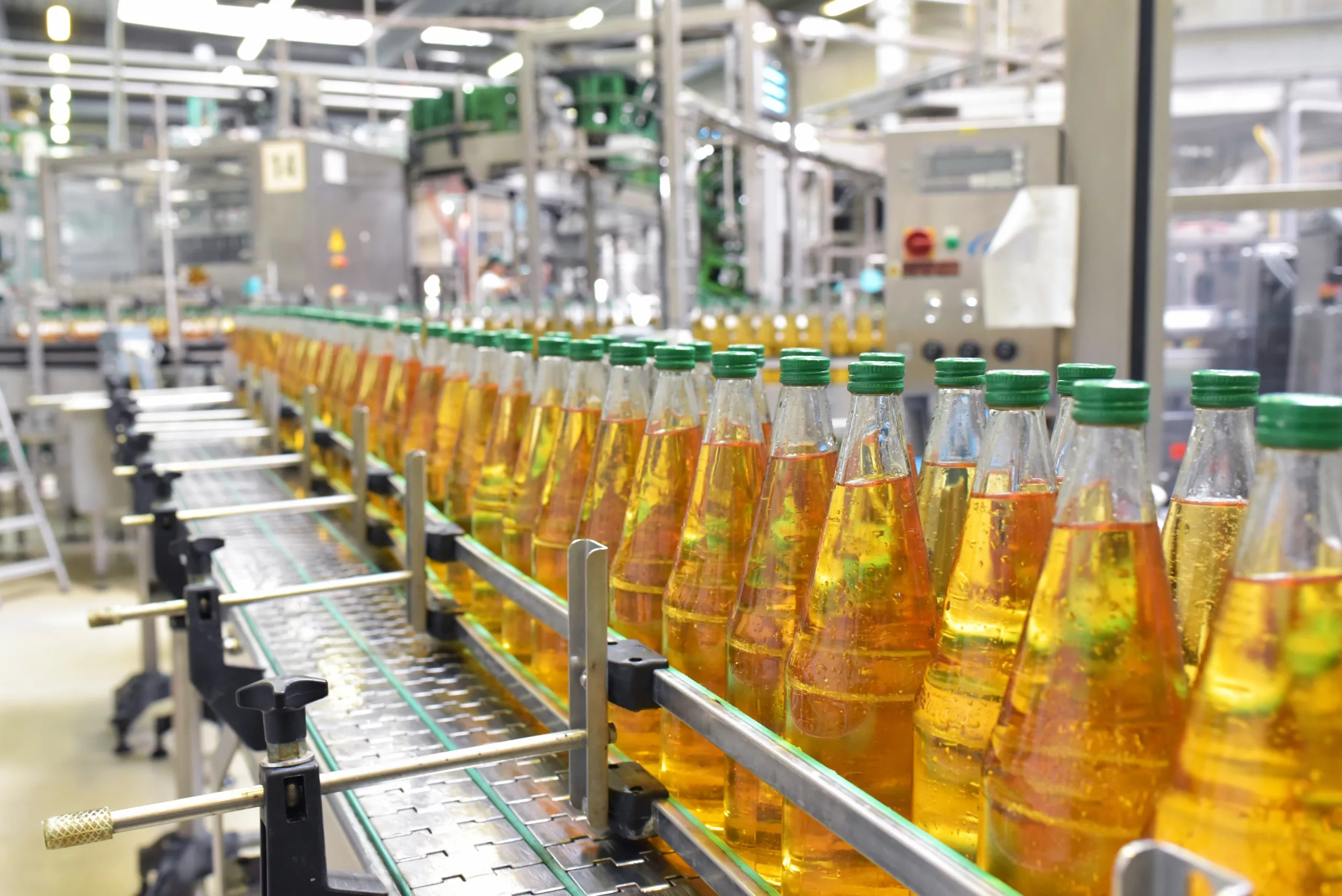In an era where food safety is a top priority, the United States took a giant leap forward with the implementation of the Food Safety Modernization Act (FSMA). FSMA marked a paradigm shift in the approach to food safety, emphasizing prevention, risk-based strategies, and a proactive stance to protect consumers. In this blog post, we will explore the key features, objectives, and impact of FSMA on the food industry.
Before FSMA, the regulatory landscape for food safety in the U.S. was primarily reactive. Incidents of foodborne illnesses triggered responses, but there was a recognized need for a comprehensive, preventive approach. FSMA aimed to address this gap by focusing on preventing contamination rather than simply responding to it.
The following are key objectives of FSMA:
- Preventive Controls: FSMA emphasizes the implementation of preventive controls throughout the food supply chain. This involves identifying potential hazards, implementing measures to address these hazards, and establishing monitoring systems to ensure the effectiveness of these controls.
- Inspection and Compliance: The act grants the FDA enhanced inspection and compliance authority. It allows the FDA to conduct more frequent inspections, place greater emphasis on risk-based inspection strategies, and take prompt action in response to identified risks.
- Import Safety: With the globalization of the food supply, FSMA places a strong emphasis on the safety of imported foods. Foreign suppliers are now required to meet U.S. safety standards, and the FDA has increased authority to monitor and inspect foreign facilities.
- Response to Contamination: In the event of contamination, FSMA empowers the FDA with improved tools to respond rapidly. The goal is to mitigate the impact of foodborne illness outbreaks and protect public health.
FSMA has had a profound impact on the food industry, prompting a paradigm shift in how companies approach food safety. Companies are now required to have robust preventive controls in place, encouraging a proactive approach to food safety. With enhanced inspection and compliance measures, the act holds food facilities and importers accountable for the safety of their products. Additionally, many food companies have embraced technology for data monitoring, traceability, and quality control to meet requirements efficiently.
The Food Safety Modernization Act stands as a landmark legislation reshaping the landscape of food safety in the United States. By emphasizing prevention, accountability, and global cooperation, FSMA sets a new standard for ensuring the safety of the food supply. As the food industry continues to evolve, FSMA remains a cornerstone in the ongoing efforts to protect consumers and build a safer, more resilient food system.
EMMA International’s internal team of Food Safety Experts and Preventive-Control Qualified Individuals (PCQIs) are here to support your compliance goals! Call us at 248-987-4497 or email info@emmainternational.com to get in touch today.





